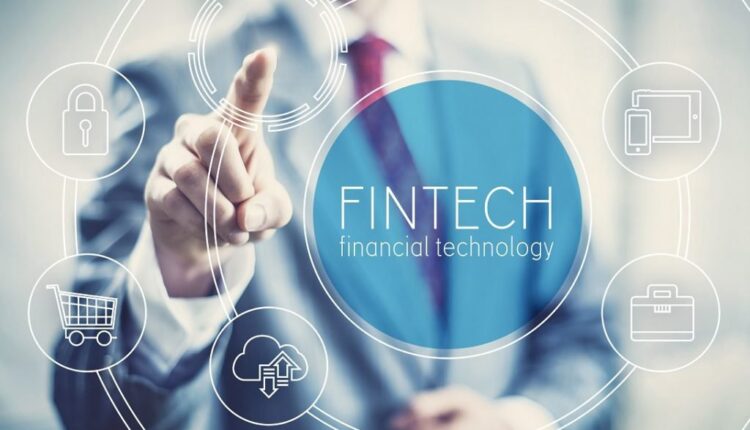The Most Innovative Things Happening in Fintech and Data Science
If you are looking for the most cutting-edge innovations in the financial industry, you’ve come to the right place. Fintech and data science are a hotbed of creativity, and these trends will change the business world in the coming years. This article will discuss some of the latest developments in this field.
Machine Learning
Machine learning is used in various applications in the consulting and financial industries. Some of the applications include creditworthiness assessment and fraud prevention. In addition to preventing fraud, ML techniques can help improve security by identifying and preventing account takeovers. In addition, machine learning can also help Cane Bay Virgin Islands companies analyze merchant behavior to reduce risks and optimize performance. Another example is the use of machine learning in underwriting. While significant underwriters employ multiple employees and departments to monitor transactions, machine learning algorithms can do the same task in less time and with less human error. Based on the data from Cane Bay Partners VI, LLLP, the use of machine learning in financial data analytics can help fintech companies segment data and model customer behavior. The base data for machine learning comes from customer transactions with a fintech organization. The next layer of data comes from interactions with the organization’s partner ecosystem. Teams can gather data on customers’ interactions with online properties and offline ads.
Blockchain
Blockchain is a distributed ledger that can be used in many different industries. For example, it can be used in the oil and gas industry to log data from multiple sources in one secure ledger. Blockchain can also be used in other sectors, such as the food industry.
Some companies exploring blockchain aim to facilitate real-time payments among business clients. Others are investigating how the technology can be used in government operations.
Smart contracts
Smart contracts are a new type of contract that eliminates paperwork and the need for third-party validation. These contracts are computer-coded and validated, allowing them to automate banking processes, compliance, and claims processing. They can also be used to automate lending decisions. The main benefits of smart contracts are their efficiency and reliability.
Smart contracts are becoming popular in financial services, especially in insurance. For example, smart contracts can speed up assessing insurance claims. Manually setting insurance claims is time-consuming and requires much human intervention. With smart contracts, insurers can automatically validate claims and reduce the risk of fraudulent claims.
AI-driven predictive analytics
Applied AI techniques can help companies understand the financial implications of a changing market. The technology is often referred to as predictive analytics and can be used for various business applications, from demand forecasting to anomaly detection. By automating this process, machine learning algorithms can supplement the work of human analysts and help them respond to changing business conditions faster.
When applied to financial services, AI algorithms can reveal elaborate patterns of fraud and security, enabling companies to prevent future occurrences. They can also help protect against emerging threats by avoiding false positives. Predictive analytics can also be used to improve customer satisfaction and profitability. For example, AI can detect service quality changes, improving the customer experience and lowering churn. These algorithms can also enhance customer service efficiency, reducing the time it takes to remediate a problem.
Gen Zers
With a strong interest in personal finance and digital technology, Gen Zers are turning away from traditional financial services and looking for highly personalized experiences instead. This shift in customer expectations means that banks and fintech companies must evolve their products and marketing efforts to appeal to this new demographic.
Gen Zers are digital natives, relying on their phones to make financial decisions. Although they are cautious and want to stay financially independent, they are more financial-savvy than any other generation. According to the Pew Research Center, the first members of Gen Z were born in 1997. This makes them the first true digital natives. They are so young that their youngest members were not even taken when Google first launched.
AI-driven marketing
Artificial intelligence (AI) can improve customer experience and conversion rates. The technology allows marketing teams to analyze data and create a more nuanced view of the customer. The data is also helpful for budget allocation and replication across channels. Here are a few applications of AI-driven marketing.
Machine learning algorithms can analyze customer data to personalize offers faster and more accurately. This helps to predict customer behavior and lower customer churn rates.
Forefront use their expertise in consumer behavior, marketing trends, and data analysis to identify new opportunities and create campaigns that effectively reach target audiences.


Comments are closed.